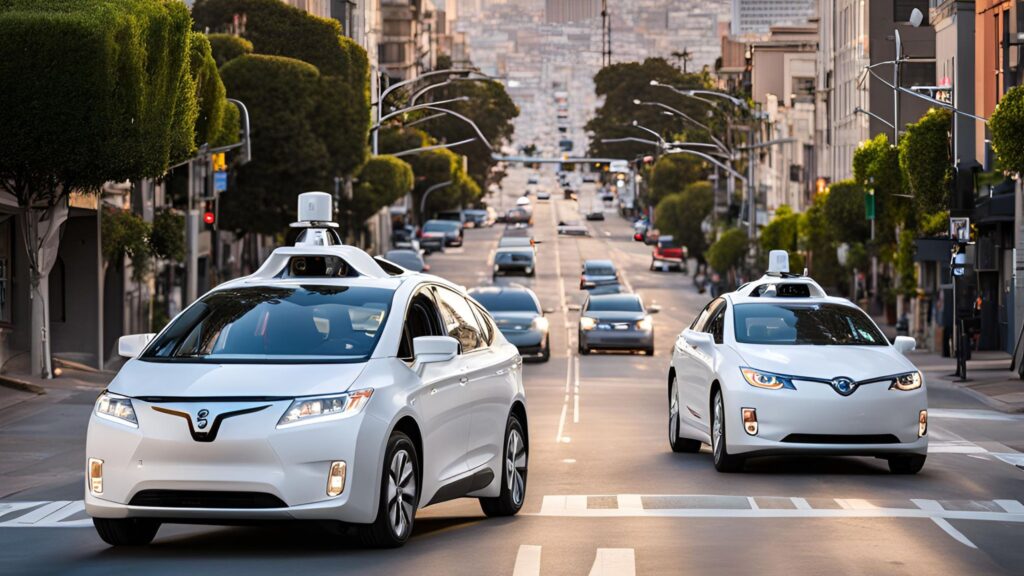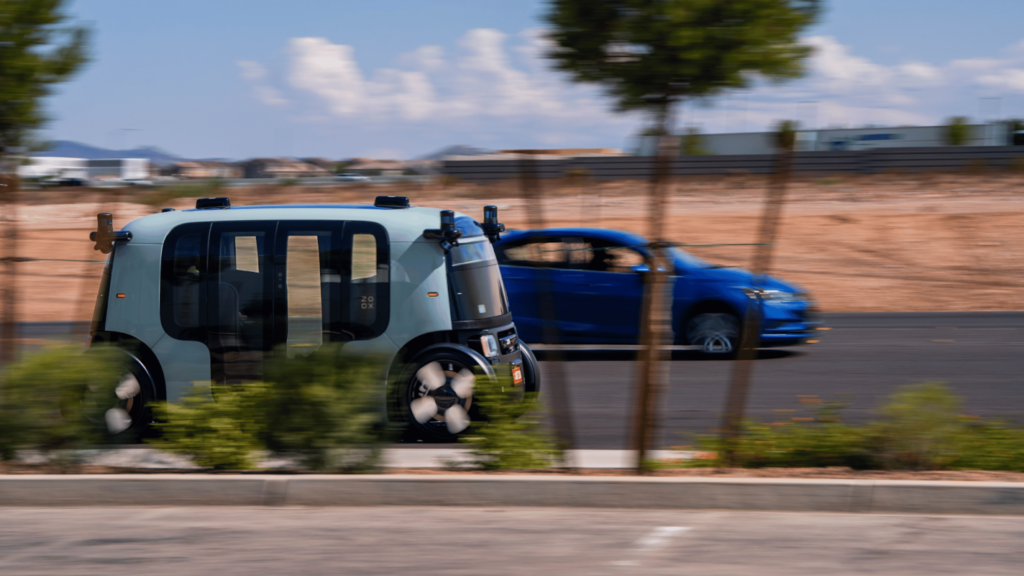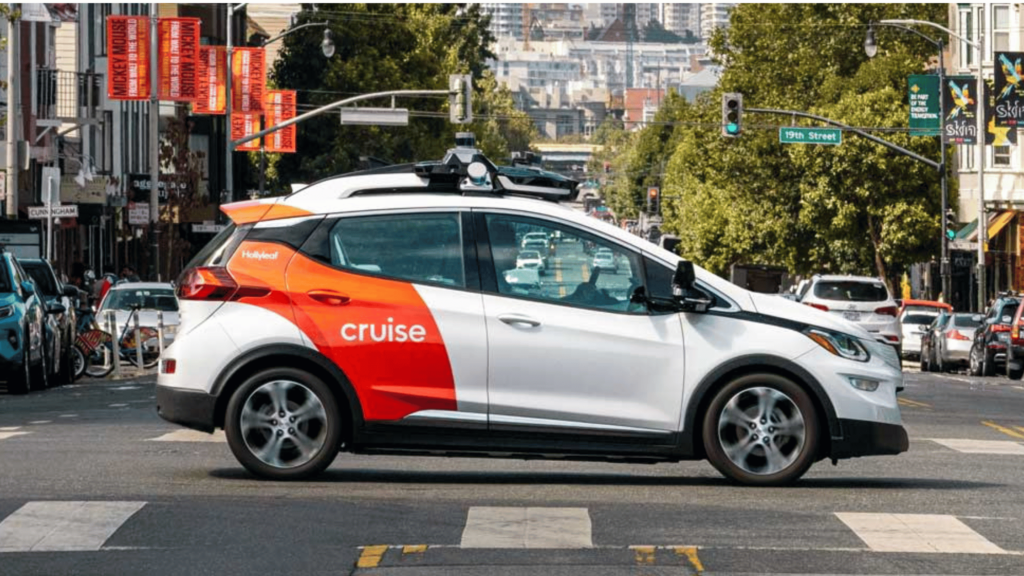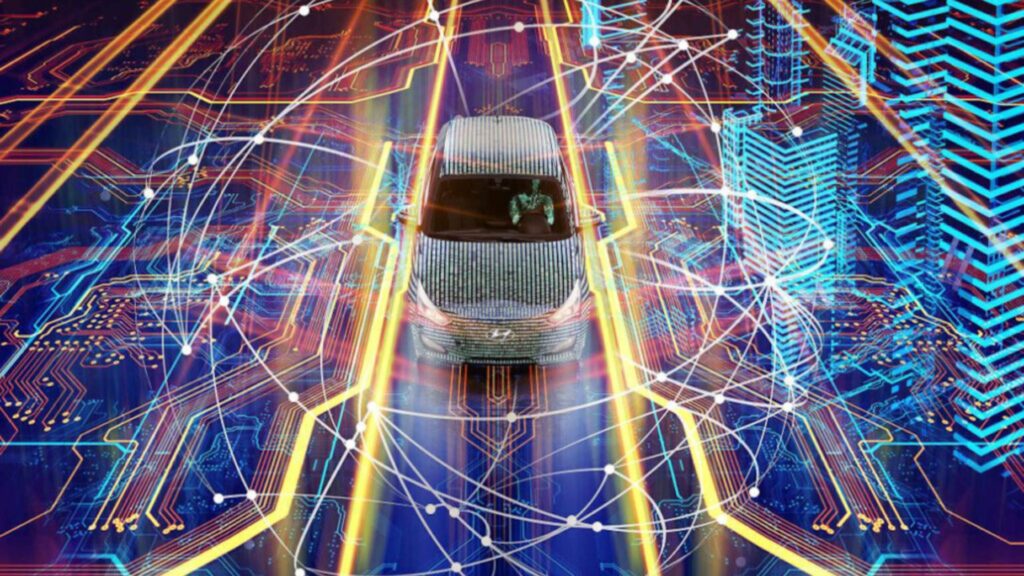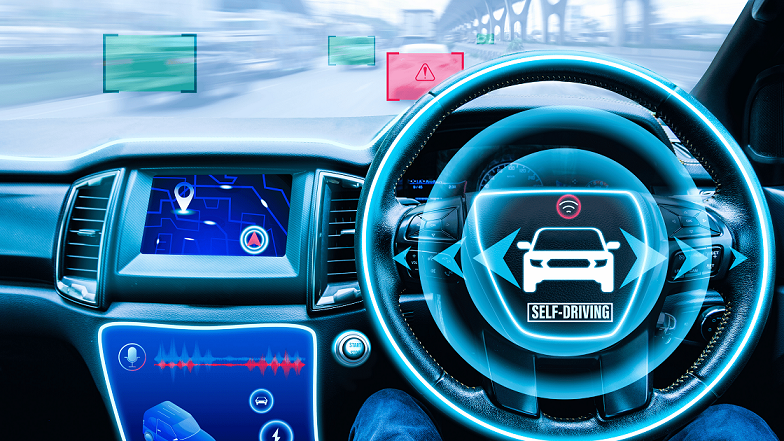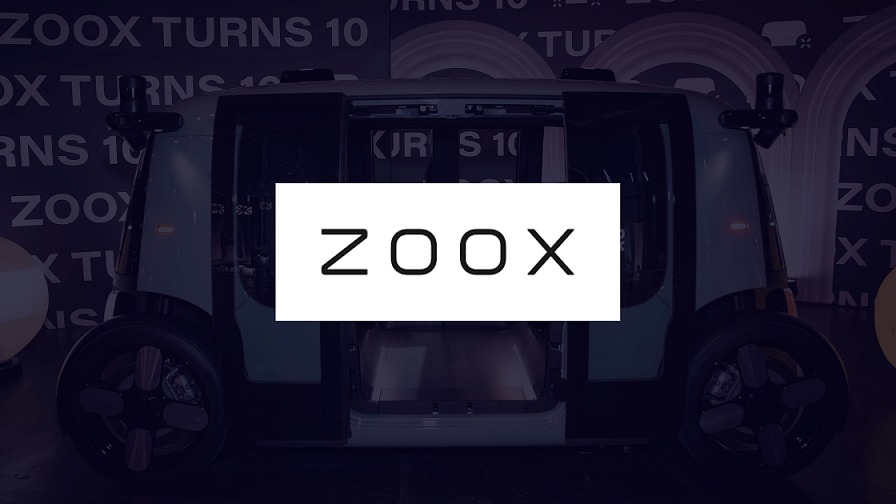The month of October 2024 has been a pivotal month in the world of autonomous vehicles (AVs), marking significant advancements, regulatory updates, and industry-defining milestones. As self-driving technology continues to evolve, the industry is navigating an era of rapid innovation and collaboration, reshaping how people and goods move across cities, highways, and neighborhoods. This month’s autonomous vehicles roundup underscores not just the progress of individual companies but also the maturation of the AV ecosystem as a whole.
A Transformational Month for AVs
The autonomous vehicle sector is progressing at an accelerated pace, driven by breakthroughs in artificial intelligence, sensor technology, and edge computing. With the global AV market projected to exceed $2.16 trillion by 2030, every month brings us closer to realizing the vision of safer, more efficient, and more sustainable transportation systems. October 2024 was no exception, delivering headlines that reflect the industry’s momentum and its increasing relevance in daily life.
October 2024 AV RoundUp
Waymo
- Service Expansion: Waymo expanded its autonomous ride-hailing service area in Metro Phoenix by an additional 90 square miles, bringing the total service area to 315 square miles. This expansion includes new regions such as North Phoenix, Scottsdale, and downtown Mesa, with plans to operate on tribal land in partnership with the Salt River Pima–Maricopa Indian Community.
- Funding: Waymo raised $5.6 billion to expand its ride-hailing operations, aiming to enhance its autonomous vehicle technology and scale its services across more U.S. cities. The funding comes as Waymo continues to refine its sixth-generation Waymo Driver, which features an advanced sensor suite for improved navigation and safety
- Sixth-Generation Technology: Waymo introduced its sixth-generation autonomous driving system featuring a more efficient sensor setup that enhances resolution and range. This system is designed to operate reliably in various weather conditions and is modular, allowing for adjustments based on environmental needs. The new sensor suite includes 13 cameras, 6 radars, and 4 lidars, providing comprehensive visual coverage and the ability to detect objects up to 500 meters away. Enhanced machine learning algorithms further improve data interpretation, making the system smarter and more reliable
- Most Ride-Hailing Trips Per Week: Waymo recently announced that it has made more than 150,000 paid ride-hailing trips in a week in three cities – San Francisco, Phoenix, and Los Angeles. This is a record-breaking feat for a self-driving car in the United States.
- Partnership with Hyundai: Waymo announced a multi-year partnership with Hyundai Motor Company to integrate its autonomous technology into Hyundai’s electric IONIQ 5 SUVs. Initial on-road testing of these vehicles is set to begin by late 2025, with plans for them to be added to the Waymo One fleet over time. This collaboration aims to produce a significant volume of IONIQ 5s equipped with Waymo’s technology, supporting the expansion of autonomous ride-hailing services.
Tesla
- Cybercab Prototype: Tesla unveiled its Cybercab at the “We, Robot” event, showcasing 20 pre-production robotaxis. These vehicles are designed to operate without pedals or steering wheels, emphasizing Tesla’s vision of democratizing transportation through autonomous technology. The Cybercab is equipped with the same advanced computer and sensing technologies as Tesla’s existing fleet.
- Specifications: The Cybercab prototype features two seats, dihedral doors that open automatically, and utilizes Tesla’s existing computer and sensing suite for navigation. It is expected to cost under $30,000 and aims for an average operational cost of approximately $0.20 per mile.
- Production Timeline: Mass production of the Cybercab is projected to begin in 2026, with some estimates suggesting availability before 2027. Tesla plans to roll out unsupervised FSD capabilities for its Model 3 and Model Y vehicles in Texas and California next year, contingent on regulatory approval.
Cruise
- Partnership with Uber: Cruise recently announced a multi-year partnership with Uber to integrate its robotaxis into Uber’s ride-hailing platform, set to launch in 2025. This collaboration aims to enhance Cruise’s market presence and operational capabilities.
- Leadership Changes and Financial Backing: Following the pedestrian incident, Cruise underwent significant leadership changes, including the appointment of Marc Whitten as CEO. General Motors has reinforced its commitment to Cruise by injecting an additional $850 million into the company, emphasizing a renewed focus on safety and operational efficiency.
Zoox
- Robotaxi Service in Las Vegas: Zoox is gearing up to launch its driverless robotaxi service in Las Vegas, with plans to start operations next year. The company has been testing its autonomous technology in the area since 2019.
- New Market Entries: Recently, Zoox expanded its testing operations to include Austin and Miami, alongside existing locations in San Francisco and Las Vegas.
- Collaboration with Local Sports Teams: Zoox has partnered with the NHL’s Vegas Golden Knights, planning to transport fans to games using its robotaxi service once it launches.
- Custom-Built Robotaxis: Zoox’s robotaxis are designed without steering wheels or pedals, emphasizing a unique bidirectional design that allows for greater maneuverability in urban environments. The vehicles are equipped with advanced sensor systems that enable navigation through complex traffic scenarios.
Aurora Innovation
- Commercial Operations in 2025: Aurora Innovation Inc., the Pittsburgh-based autonomous vehicle technology startup said earlier this week that it is now looking to deploy its autonomous trucks in commercial operations in April 2025, later than expected, as it needs more time to validate the safety of its autonomous driving technology on public roads.
- Q3 2024 Results: Aurora announced strong financial performance, adding nearly $500 million to its balance sheet, which bolsters its position for a planned commercial launch. The company has fully contracted its expected launch capacity and is on track for its Commercial Launch by the end of 2024.
Watch out for our November AV roundup.
Subscribe to our newsletter so you don’t miss out!

I’m Dr. Brandial Bright, also known as the AVangelist. As a dedicated and passionate researcher in autonomous and electric vehicles (AVs and EVs), my mission is to educate and raise awareness within the automotive industry. As the Founder and Managing Partner of Fifth Level Consulting, I promote the adoption and innovation of advanced vehicle technologies through speaking engagements, consulting, and research as we progress to level 5 fully autonomous vehicles.

